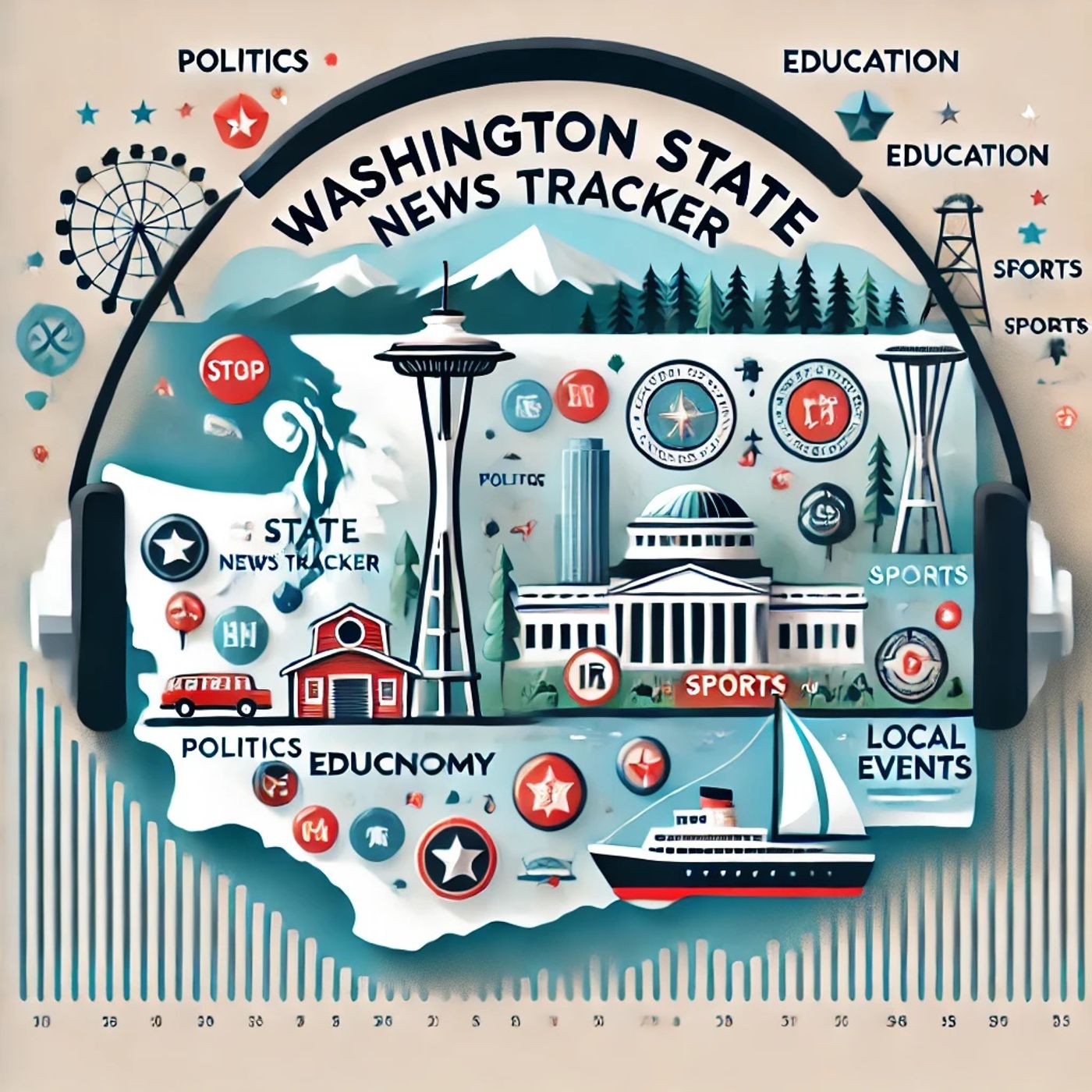Dec 09 2024 2 mins
In Washington, recent developments have spanned various sectors, from government and politics to business and environmental updates.
The City of Spokane has seen significant local government decisions, including the council's resolution to support the amendment of state law to enhance consumer protection from fraud via virtual currency kiosks[1]. Additionally, local agencies have launched a new data dashboard to help the community better understand homelessness, with an annual count scheduled for January 21-29, 2025[1].
On the state level, the Washington State Legislature continues to process bills, with leaders choosing which committees should receive them[2]. This ongoing process is crucial for shaping state policies.
In the business sector, optimism prevails among Washington business owners, according to a recent survey by the Washington Association of Business. The survey found that 25% of respondents believe the Washington economy is strong, while 55% describe it as moderate. Only 18% fear a recession within the next year[3]. This positive outlook is echoed by local business owners like Joel Barber, who notes significant growth in his businesses.
Regarding environmental and weather updates, the Climate Prediction Center (CPC) indicates equal chances of above normal, equal to, or below normal temperatures in Washington for December. However, there are higher chances of above normal precipitation across the state, particularly in eastern Washington[4].
Looking Ahead:
- The annual homelessness count in Spokane is set to take place from January 21-29, 2025, providing valuable insights into the community's needs[1].
- The development of La Niña conditions by late fall/early winter is expected to influence Washington's average winter conditions, with a 40-50% chance of below normal temperatures statewide[4].
- The Washington State Legislature will continue to process bills, potentially leading to new policy changes and updates[2].
The City of Spokane has seen significant local government decisions, including the council's resolution to support the amendment of state law to enhance consumer protection from fraud via virtual currency kiosks[1]. Additionally, local agencies have launched a new data dashboard to help the community better understand homelessness, with an annual count scheduled for January 21-29, 2025[1].
On the state level, the Washington State Legislature continues to process bills, with leaders choosing which committees should receive them[2]. This ongoing process is crucial for shaping state policies.
In the business sector, optimism prevails among Washington business owners, according to a recent survey by the Washington Association of Business. The survey found that 25% of respondents believe the Washington economy is strong, while 55% describe it as moderate. Only 18% fear a recession within the next year[3]. This positive outlook is echoed by local business owners like Joel Barber, who notes significant growth in his businesses.
Regarding environmental and weather updates, the Climate Prediction Center (CPC) indicates equal chances of above normal, equal to, or below normal temperatures in Washington for December. However, there are higher chances of above normal precipitation across the state, particularly in eastern Washington[4].
Looking Ahead:
- The annual homelessness count in Spokane is set to take place from January 21-29, 2025, providing valuable insights into the community's needs[1].
- The development of La Niña conditions by late fall/early winter is expected to influence Washington's average winter conditions, with a 40-50% chance of below normal temperatures statewide[4].
- The Washington State Legislature will continue to process bills, potentially leading to new policy changes and updates[2].
